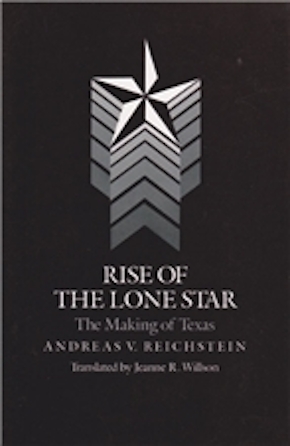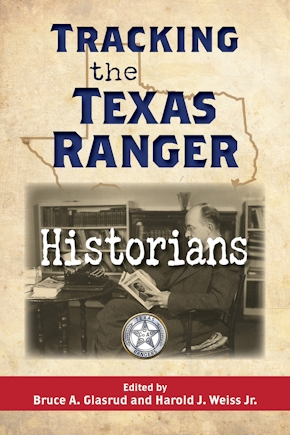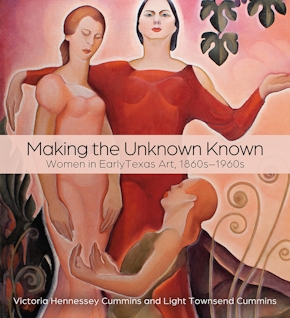German Pioneers on the American Frontier
The Wagners in Texas and Illinois
978-1-57441-134-8 Cloth
6 x 9 x 0 in
336 pp. 26 photos. 6 maps. Notes.
Pub Date: 11/21/2001
Available
BUY NOW
- Cloth $32.95 s
Using a newly discovered cache of Wagner family letters, Reichstein examines the lives of the brothers as they sought to make better futures for themselves on the new frontier. More than a narrow family history, however, German Pioneers on the American Frontier uses the individual cases of Julius and Wilhelm Wagner to examine the broader historiographical debate about assimilation and acculturation. The question it raises is whether the United States is a collection of separate immigrant cultures or whether those cultures become assimilated in the famous “melting pot.” Reichstein’s conclusion, based on the experiences of the Wagner brothers and their descendants, is that immigrants identify themselves as American through a variety of processes that are a combination of assimilation and acculturation.
About the Author
Published by University of North Texas Press






